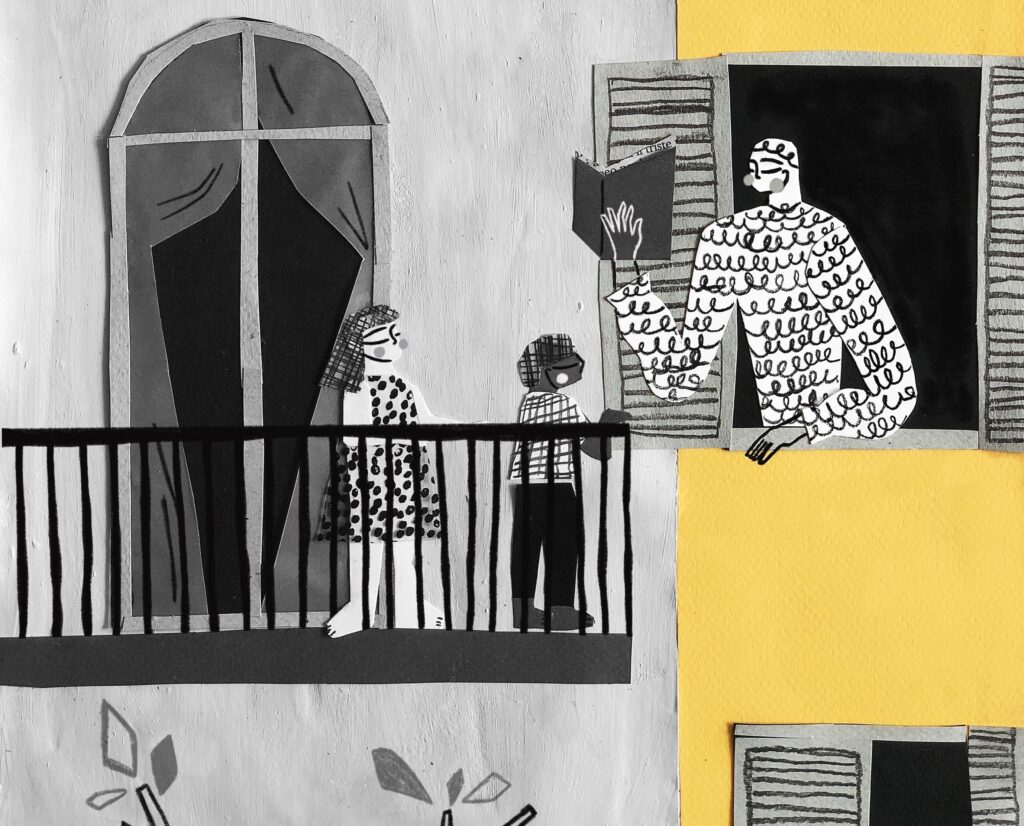In an age and culture that value individualism, is there room for human fraternity and solidarity?

Last Fall, Pope Francis challenged us to work for just that, the good of all members of the human family, in his third encyclical, Fratelli tutti, and subtitled “on fraternity and social friendship.”
(The pope took some heat for his choice of title, which translates from the Italian as “Brothers All” as it suggests Francis is speaking to men only. Yet the phrase, Fratelli tutti, is commonly understood by Italians as “all of humanity.”)
His encyclical is also a call to end wars. He proposes an ideal world of relationships that join countries together as a larger human family.
Pope Francis contends that people are by nature open to relationships, starting with the family and expanding to the neighborhood, the city, the state, the nation and the world.
In each of those communities, relationships are critical to assuring the good of each member.
No family can achieve the common good of each member without building communities with other families, and so on with larger groups.
This is how nations are formed, he says.
Francis maintains that the common good can be achieved only if each member of society shares responsibility for the other, especially the poor and suffering, a tall order indeed.
The encyclical condemns xenophobia and violent nationalism and calls racism a “virus” that mutates and “lurks in waiting,” a message that won’t be lost on Americans who have witnessed repeated police killings of unarmed Black people and the rise of white nationalism in the U.S. and abroad.
Francis says the very foundation of humanity rests on the dignity of each person, and the inalienable rights of each to “life, liberty, and the pursuit of happiness.”
In addition to racism, the 43,000-word document, divided into eight chapters, also addresses the cause of immigrants, the importance of interreligious relations, the dignity of women, capital punishment, war, the economy and other issues of our day.
Some have called this encyclical “A light in the darkness” that provides a footpath for how we can be both many and one.
Francis says the answer lies in the concept of community, the idea that we are all each other’s neighbor. Francis answers the question asked by Cain after the killing of Abel: “Am I my brother’s keeper?” with the story of the Good Samaritan, the one who took care of the man unable to take care of himself.
It is only through compassion and love that we can build a society for the common good.
- Are you hopeful we can construct a world of fraternity and solidarity?
- Can you envision a world without war and racism?
- Do you feel an obligation to act as the Good Samaritan did?
- If not, what would you tell Pope Francis?